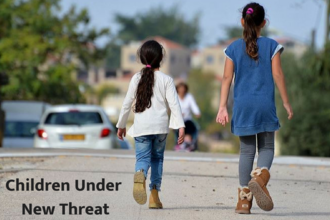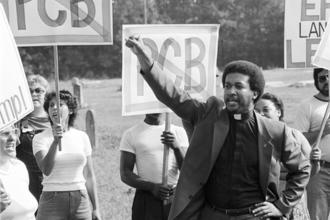A Cookie Sale for Planet Earth

For Earth Sunday, Plymouth Church UCC of Shaker Heights, Ohio decided to undertake an activity to demonstrate how everyone—young or old—could do something to care for God’s creation. After worship, they had a cookie sale for planet earth with the…



